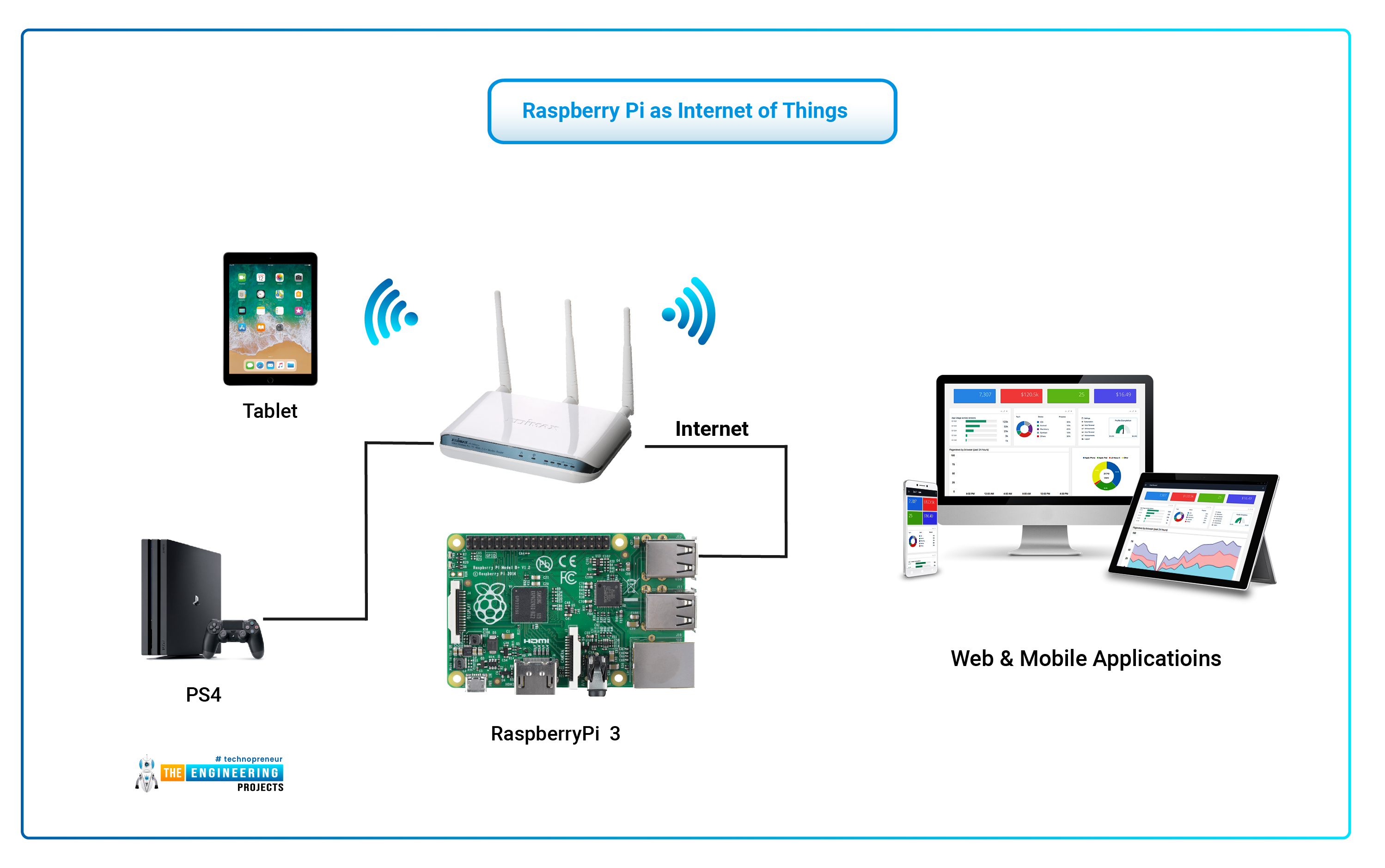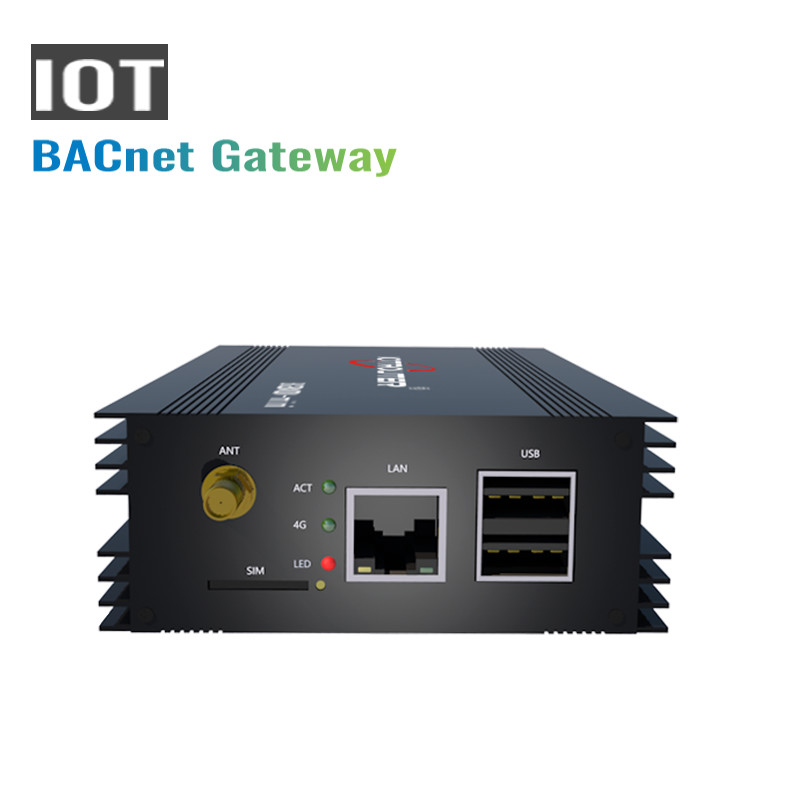Hey there, tech enthusiasts! If you've ever wondered how to remotely manage IoT devices behind a router using Raspberry Pi, you're in the right place. This guide dives deep into the world of remote IoT management, offering practical tips and examples to help you get started. Whether you're a seasoned developer or just dipping your toes into the IoT waters, this article has something for everyone.
Managing IoT devices remotely is no longer a luxury; it's a necessity. With the rise of smart homes and connected devices, being able to control your IoT setup from anywhere in the world is a game-changer. But how do you make it happen when your devices are tucked behind a router? That's where Raspberry Pi comes in, offering a powerful yet affordable solution for remote IoT management.
This article isn't just about theory; it's about action. We'll break down the process step by step, ensuring you have all the tools and knowledge you need to set up a secure and efficient remote management system. So, buckle up and let's dive in!
Understanding Remote IoT Management
Before we dive into the nitty-gritty of managing IoT devices behind a router, let's take a moment to understand what remote IoT management really means. Simply put, it's the ability to control and monitor IoT devices from a remote location. This could be anything from adjusting the thermostat in your living room to monitoring the temperature of a remote server.
Why Use Raspberry Pi for IoT?
Raspberry Pi has become a go-to device for hobbyists and professionals alike when it comes to IoT projects. Here's why:
- Cost-effective: Raspberry Pi is incredibly affordable, making it accessible to a wide range of users.
- Flexible: With its wide range of interfaces and compatibility with various programming languages, Raspberry Pi offers endless possibilities.
- Community Support: The Raspberry Pi community is vast and supportive, meaning you'll never be short of help or resources.
Setting Up Your Raspberry Pi for IoT
Now that we understand the basics, let's move on to setting up your Raspberry Pi for IoT. This section will walk you through the essential steps to prepare your Pi for remote management.
What You'll Need
Before you begin, make sure you have the following:
- Raspberry Pi (any model with Wi-Fi capability)
- MicroSD card with Raspberry Pi OS installed
- Power supply
- Internet connection
Connecting IoT Devices Behind a Router
Connecting IoT devices behind a router can be tricky, but with the right setup, it's entirely doable. The key is to ensure that your devices are properly configured and that your router allows remote access.
Configuring Your Router
Your router plays a crucial role in remote IoT management. Here's how you can configure it:
- Port Forwarding: Set up port forwarding to direct incoming traffic to your Raspberry Pi.
- Static IP: Assign a static IP address to your Raspberry Pi to ensure consistency.
- Security: Don't forget to secure your router with a strong password and enable encryption.
Securing Your IoT Network
Security should always be a top priority when managing IoT devices remotely. Here are some tips to keep your network safe:
Best Practices for IoT Security
Follow these best practices to protect your IoT devices:
- Use strong, unique passwords for all devices.
- Regularly update firmware and software.
- Implement firewalls and intrusion detection systems.
Remote Access Solutions
There are several ways to achieve remote access to your IoT devices. Let's explore some of the most popular options:
Using SSH for Remote Access
Secure Shell (SSH) is a protocol that allows you to securely connect to your Raspberry Pi from anywhere. Here's how you can set it up:
- Enable SSH on your Raspberry Pi.
- Install an SSH client on your remote device.
- Connect using the IP address and port number.
Example: Setting Up a Remote IoT Project
Let's put theory into practice with a real-world example. Imagine you want to remotely monitor the temperature of your greenhouse using a Raspberry Pi and a DHT22 sensor. Here's how you can do it:
Step-by-Step Guide
Follow these steps to set up your project:
- Connect the DHT22 sensor to your Raspberry Pi.
- Install the necessary libraries and dependencies.
- Write a Python script to read and transmit temperature data.
- Set up a web server to display the data remotely.
Common Challenges and Solutions
Every project comes with its own set of challenges. Here are some common issues you might face and how to overcome them:
Troubleshooting Tips
Use these tips to troubleshoot common problems:
- Check your network configuration if you can't connect remotely.
- Ensure all devices are up to date to avoid compatibility issues.
- Consult the Raspberry Pi forums for additional support.
Future Trends in Remote IoT Management
The world of IoT is evolving rapidly, and so are the tools and techniques for remote management. Here's what you can expect in the future:
Innovations to Watch Out For
Keep an eye on these emerging trends:
- 5G connectivity for faster and more reliable remote access.
- AI-driven analytics for smarter device management.
- Blockchain technology for enhanced security.
Conclusion
Managing IoT devices remotely behind a router using Raspberry Pi is not only possible but also highly rewarding. By following the steps outlined in this guide, you can set up a secure and efficient remote management system that meets your needs. Remember, the key to success lies in proper planning, configuration, and security.
So, what are you waiting for? Grab your Raspberry Pi, connect those IoT devices, and start managing them from anywhere in the world. And don't forget to share your experiences and questions in the comments below. Happy tinkering!
Table of Contents
- Understanding Remote IoT Management
- Why Use Raspberry Pi for IoT?
- Setting Up Your Raspberry Pi for IoT
- What You'll Need
- Connecting IoT Devices Behind a Router
- Configuring Your Router
- Securing Your IoT Network
- Best Practices for IoT Security
- Remote Access Solutions
- Using SSH for Remote Access
- Example: Setting Up a Remote IoT Project
- Step-by-Step Guide
- Common Challenges and Solutions
- Troubleshooting Tips
- Future Trends in Remote IoT Management
- Innovations to Watch Out For
- Conclusion


